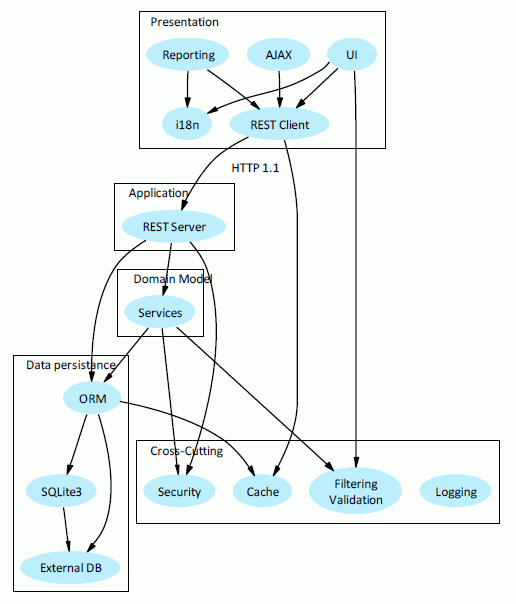Our Open Source mORMot framework is now available in revision 1.16.
The main new features are the following:
- Interface-based services, i.e. comparable to WCF, but with Delphi strengths;
- ORM cache which purpose is to enhance server scaling and client responsiveness;
- Automatic JOIN query to unleash the underneath DB power;
- SQLite3 engine updated to latest revision 3.7.12.1;
- Major update of the associated documentation (now more than 800 pages);
- A lot of bug fixes and enhancements, mainly from users requests - thanks you all for your feedback, patches and ideas!
Thanks to its features, mORMot is now able to provide a stand-alone Domain-Driven Design framework for Delphi.
Quite a long and nice road for a little mORMot, and more to come!


